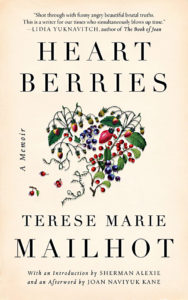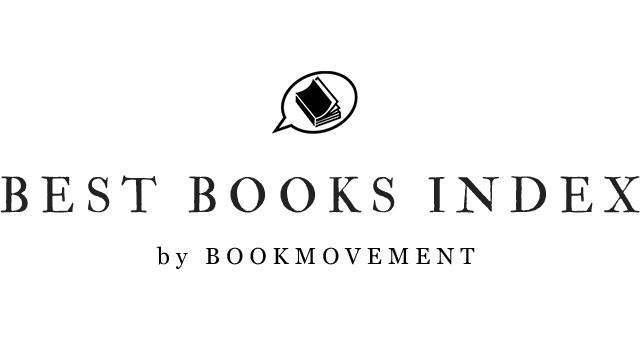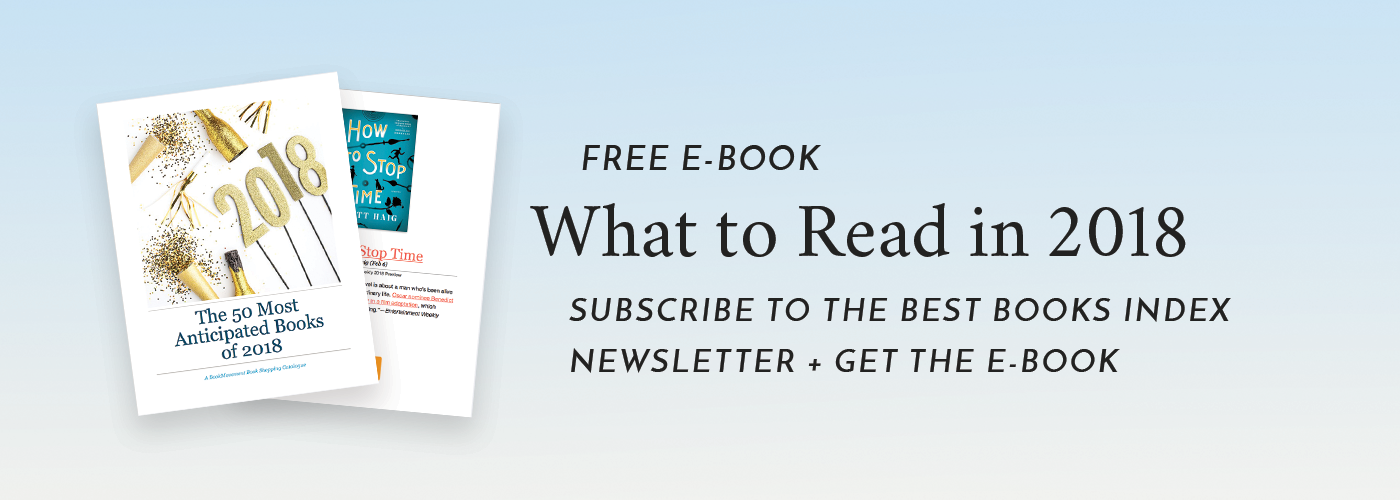Emma Watson has selected Heart Berries as her March/April Book Club Selection. She announced the pick on March 6th on her Our Shared Shelf page on Goodreads.
 Heart Berries
Heart Berries
by Therese Maillot
Entertainment Weekly Most Anticipated Books of 2018
“A luminous, poetic memoir that centers on one woman’s coming of age on the Seabird Island Indian Reservation in the Pacific Northwest.”—Entertainment Weekly
Named One of the Most Anticipated Books of 2018 by: Goodreads, Esquire, Entertainment Weekly, ELLE, Cosmopolitan, Huffington Post, B*tch, NYLON, Buzzfeed, Bustle, The Rumpus,
The New York Public Library
Emma Writes:
Dear OSS, (Our Shared Shelf)
One of the most memorable moments of the year for me, so far, was the honor of walking beside activist and friend, Marai Larasi at the Golden Globes. Along with learning that movements are both rewarding and really hard work, my involvement with #TimesUp in the UK and in the States is showing me how much we can do together when we stand in solidarity and how incredibly important it is for those who have privilege to use whatever they can to amplify the voices of those who are less often listened to. These are a few of the many reasons why I have chosen Terese Marie Mailhot’s Heart Berries for this month’s book.
Having always felt deeply impatient and limited by having to express myself in perfect grammar and punctuation (this was pre-apostrophe gate!), I am quietly reveling in the profundity of Mailhot’s deliberate transgression in Heart Berries and its perfect results. I love her suspicion of words. I have always been terrified and in awe of the power of words – but Mailhot does not let them silence her in Heart Berries. She finds the purest way to say what she needs to say. She refines… How beautiful are these sentences?
“I learned to make a honey reduction of the ugly sentences. Still my voice cracks.”
“When you told me, I want too much I considered how much you take.”
“I feel like my body is being drawn through a syringe.”
“I felt breathless, like every question was a step up a stairway.”
“Nothing is too ugly for this world I think it’s just that people pretend not to see.”
“I woke up as the bones of my ancestors locked in government storage.”
I won’t go on because I don’t want to ruin this book for you, but the writing is so good it’s hard not to temporarily be distracted from the content or narrative by its brilliance.
In her first paragraph, Mailhot writes, “The words were too wrong and ugly to speak. I tried to tell someone my story, but he thought it was a hustle.” Space is needed for pain; people need to be believed and to be able to tell their stories. Roxane Gay says it so perfectly when she describes the book as an “open wound, a need, naked and unapologetic.” Perhaps, because this author so generously allows us to be her witness, we are somehow able to see ourselves more clearly and become better witnesses to ourselves. This has certainly been my experience.
It feels right and vastly overdue to be reading a story from a First Nation woman with her perspective of a colonial world. I loved her keen observations of white people (like me) and their ways. It’s critical to be reminded that there are ways of thinking and seeing things that endure and have existed long before colonizers. There are a million ways to think about things! It’s good to have this named.
I read this book in one sitting, but I know I will come back to lines in it to refer to again and again and again. I felt transformed by having read Mailhot’s book as if she channeled some of her brilliance to me through osmosis. As though magically just through having read her writing, I myself became more intelligent and a better writer without having to do ANYTHING!! That’s how good she is! Her work is inspiring, in the way the best things are – you instantly want to go and DO and create yourself as a result of having come into contact with it.
With all my love,
Emma and Team Our Shared Shelf
About the Book
“A sledgehammer. . . . Her experiments with structure and language . . . are in the service of trying to find new ways to think about the past, trauma, repetition and reconciliation, which might be a way of saying a new model for the memoir.” ―Parul Sehgal, The New York Times
“Heart Berries by Terese Mailhot is an astounding memoir in essays. Here is a wound. Here is need, naked and unapologetic. Here is a mountain woman, towering in words great and small… What Mailhot has accomplished in this exquisite book is brilliance both raw and refined.” ―Roxane Gay, author of Hunger
Heart Berries is a powerful, poetic memoir of a woman’s coming of age on the Seabird Island Indian Reservation in the Pacific Northwest. Having survived a profoundly dysfunctional upbringing only to find herself hospitalized and facing a dual diagnosis of post traumatic stress disorder and bipolar II disorder; Terese Marie Mailhot is given a notebook and begins to write her way out of trauma. The triumphant result is Heart Berries, a memorial for Mailhot’s mother, a social worker and activist who had a thing for prisoners; a story of reconciliation with her father―an abusive drunk and a brilliant artist―who was murdered under mysterious circumstances; and an elegy on how difficult it is to love someone while dragging the long shadows of shame.
Mailhot trusts the reader to understand that memory isn’t exact, but melded to imagination, pain, and what we can bring ourselves to accept. Her unique and at times unsettling voice graphically illustrates her mental state. As she writes, she discovers her own true voice, seizes control of her story, and, in so doing, reestablishes her connection to her family, to her people, and to her place in the world.
With an Introduction by Sherman Alexie and an Afterword by Joan Naviyuk Kane.
Roxanne Gay to Interview Author –Submit Your Q’s by April 10th
If you have a question you’d like to ask the author, submit your questions here by April 10th. It has not been announced where the interview will be published, but we’ll update this post with highlights and a link to the interview when it is published.


Leave a Reply